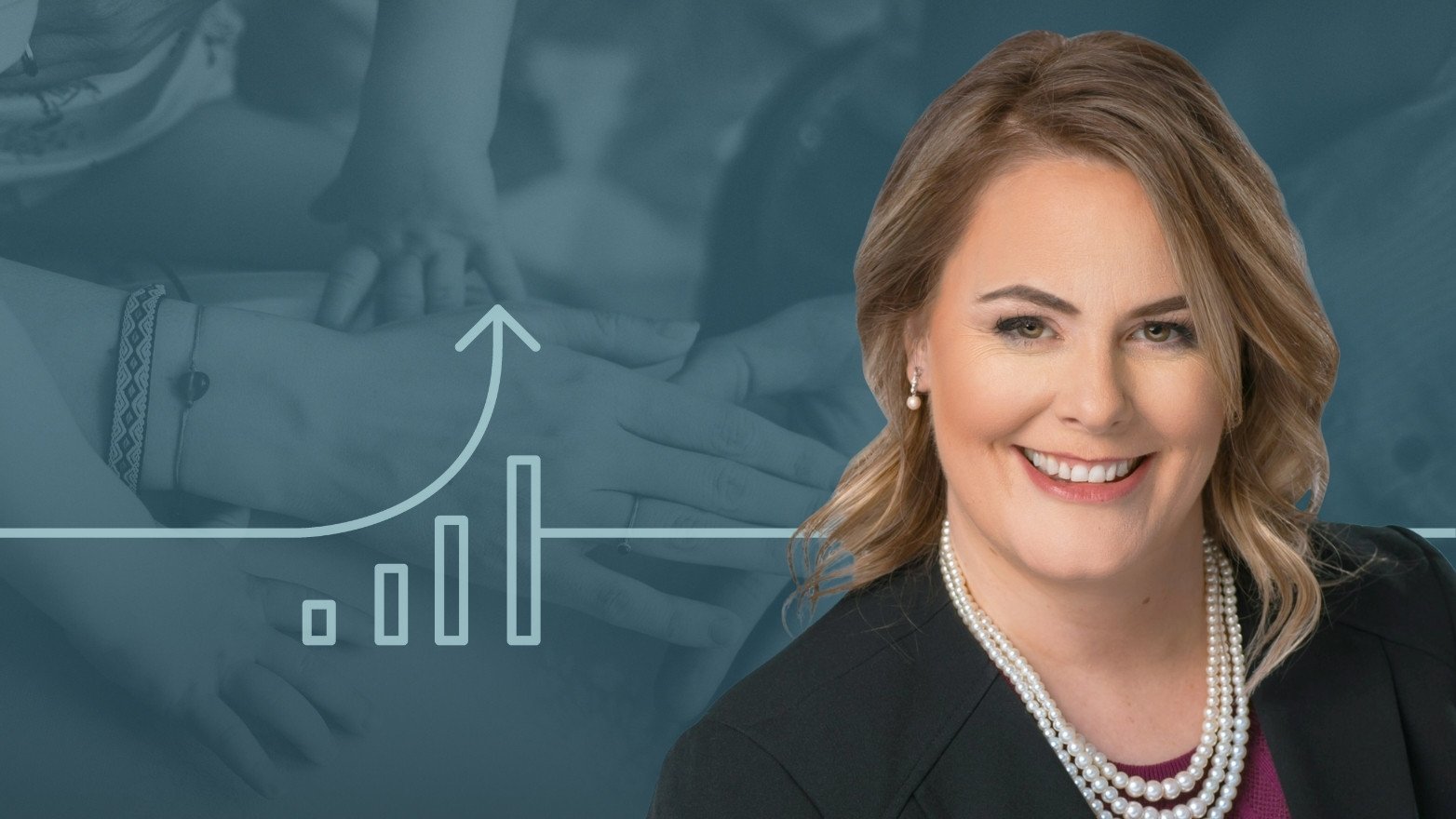
WEALTH INSIGHTS
Wealth Insights
6 minute read time
As all of my fellow estate planning attorneys know all too well, when people find out what I do, the number one question I get asked: whether at cocktail parties or at work events, is “do I need a will?” And I understand why I am asked that so often. Going through the process of building an estate plan can be a costly and emotionally taxing burden for a lot of people. So the way I try to address this question is hopefully not preachy or dismissive. Instead, what I help the person understand is the consequences of inaction.
Simply put, all of us have an estate plan, even the 70% of Americans who did not have an attorney prepare one for them. For those who have not paid for one, the state does provide a plan for you. The reason for that is not generosity or magnanimity. It is simply because, when certain things happen, decisions and distributions need to take place. So what are those decisions, what is the state’s plan and why might you want to “elect out” of what the state provides you?
In ancient Egypt, when people died, their property was buried in the ground with them, but that is not the way property is disposed of under modern law. Now, when someone passes away, the ownership of their property goes to someone else. And if someone dies with no planning, the state has a set of laws, known as intestacy laws, that dictate to whom their property passes.
Intestacy laws are designed to transfer property to those people that the state legislature feel are “closest” to the decedent. With that in mind, sometimes intestacy laws would transfer the right property to the right people. So, what are the negatives of relying on intestacy laws to transfer a decedent’s property? The first is that property passing under intestacy must go through the probate process. Probate involves court oversight of a decedent’s final affairs; ensuring that property is collected, debts are paid, and beneficiaries are “proven.” Is probate bad? No. But it is a process that, when most clients understand the cost and inefficiencies of the process, they try to avoid. Second, intestacy laws could result in property going to the wrong people. Finally, intestacy laws could result in people having control over property that they are unsuited to manage.
If both parents pass away and leave behind minor children, a probate court judge will decide who raises them. That is true regardless of what estate planning documents you create. If you create a will, and nominate a guardian, absent unique circumstances, the judge will follow your wishes as to who should raise your children. If you have minor children and do not have a will to name a guardian, the judge will have no guidance in making that decision.
It is possible that something will happen to you medically where you will be unable to make financial decisions for yourself. For example, you might be in a coma. Or you might suffer from an accident or illness that results in you, by law, lacking sufficient mental ability to make decisions. If that happens, and you have no estate planning documents, given that financial decisions will still need to be made (bills paid, checks cashed, taxes filed), someone will need to be appointed to make financial decisions on your behalf. That person is known as the guardian of your estate.
The process to get a guardian of the estate appointed is not dissimilar to the probate process: (1) it is court directed, (2) it is paperwork intensive, (3) it involves sensitive medical information being presented in a public forum and (4) it requires a third party who does not know you deciding who you would trust with your finances. So, the downsides of not planning, and relying on the state’s plan, are that the appointment process is expensive, public and could result in the “wrong” choice. Instead, if you prepare a financial power of attorney, the creation of the document is relatively inexpensive, it is private, and you can choose the person you trust. Who will make medical decisions for me if I cannot? Likewise, if you cannot communicate, because you lack the ability or capacity, it is possible that medical decisions will need to be made for you at that time. If you have no planning documents, a court will need to appoint a guardian of the person to make such decisions. Appointing a guardian of the person has the same issues as appointing a guardian of the estate (cost, lack of privacy, potential to choose the wrong person) with the added challenge that these decisions could literally have life or death consequences, so choosing a person who both understands your beliefs and has the courage to follow through on them is critically important. A judge has no way of determining who that might be. Instead, you should prepare a health care power of attorney where you choose a person that knows what you want and has the fortitude to execute.
Back to the cocktail party question: Do I need a will? First, wrong question. The right question: do I need an estate plan? The answer: you do not need an estate plan (it’s not like it’s food or shelter), but when most people understand the consequences of not having one, almost everyone wants one. If you would like to talk through what an empathetic and insightful estate plan can do for you and your loved ones, please contact your Johnson Financial Group advisor.

WEALTH INSIGHTS

WEALTH INSIGHTS
This information is for educational and illustrative purposes only and should not be used or construed as financial advice, an offer to sell, a solicitation, an offer to buy or a recommendation for any security. Opinions expressed herein are as of the date of this report and do not necessarily represent the views of Johnson Financial Group and/or its affiliates. Johnson Financial Group and/or its affiliates may issue reports or have opinions that are inconsistent with this report. Johnson Financial Group and/or its affiliates do not warrant the accuracy or completeness of information contained herein. Such information is subject to change without notice and is not intended to influence your investment decisions. Johnson Financial Group and/or its affiliates do not provide legal or tax advice to clients. You should review your particular circumstances with your independent legal and tax advisors. Whether any planned tax result is realized by you depends on the specific facts of your own situation at the time your taxes are prepared. Past performance is no guarantee of future results. All performance data, while deemed obtained from reliable sources, are not guaranteed for accuracy. Not for use as a primary basis of investment decisions. Not to be construed to meet the needs of any particular investor. Asset allocation and diversification do not assure or guarantee better performance and cannot eliminate the risk of investment losses. Certain investments, like real estate, equity investments and fixed income securities, carry a certain degree of risk and may not be suitable for all investors. An investor could lose all or a substantial amount of his or her investment. Johnson Financial Group is the parent company of Johnson Bank and Johnson Wealth Inc. NOT FDIC INSURED * NO BANK GUARANTEE * MAY LOSE VALUE